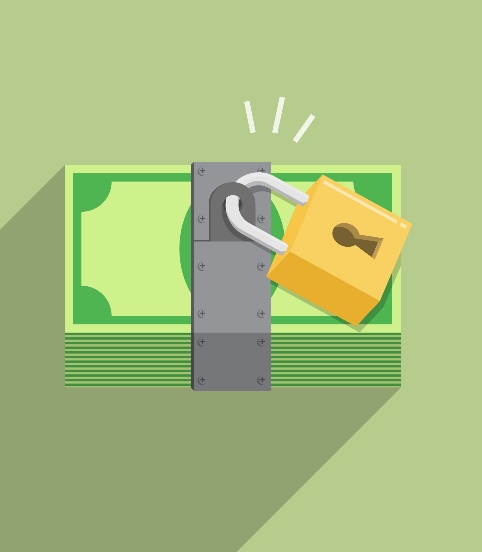Prize and Lottery Scams
back.keyissues
Prize and lottery scams are a form of fraud in which the victim is approached by a scammer who falsely claims that they have won the lottery, a prize, or a large amount of money.
Type of Scams
The lottery scam is one of the most common types of telemarketing fraud. Victims are usually approached by phone, e-mail or post with a claim that they have won a large amount of money.
Unexpected prize scam:
The victim is asked to pay a fee or provide personal details to claim a prize from a lottery that they did not enter.
Travel prize scam:
Victims are asked to pay money or provide personal details to claim a 'reward' such as a free or discounted holiday.
Scratchie scam:
Fake scratchie cards promise the victim a prize, on the condition that they pay a 'collection fee' or provide their details if they win.
OTP scam:
Scammers pose as lottery officials and tell users to generate an OTP or ask to disclose the number of a sent OTP to claim prizes.
What can I do?
Learn how to protect yourself and your family, and what to do if you or someone you know is experiencing cyberbullying.

General Advice
Knowing how to identify a prize or lottery scam and protecting your personal information play a key role in preventing scams from successfully occurring. Below are general tips that can be used to help people who are approached with a suspicious prize or lottery offer to stay safe.
Learn to identify scams:
- Be aware of competitions or raffles you have not entered
- Scams are often poorly communicated; this can be through an e-mail or text with poor grammar or broken English.
- Scammers continue to evolve and change, however, they all share common traits such as requesting your bank details or other personal information.
- You are asked to keep your win confidential.
- The sender uses a public-use email account(e.g. @yahoo.com, @gmail.com). Any official communication should be sent from a formal government or company email address.
- You are asked to pay a fee to collect the price. Be weary of this, as a legitimate prize competition would not ask the winner to pay a fee in order to obtain the prize.
Protect your personal information:
- Be vigilant with your personal information
- do not engage with potential scammers
- do not share your OTP with third parties
Verify that the communication is genuine:
- Check with the relevant agency/company to verify that they are legitimate.
- Notice the caller's area code and keep in mind that foreign scammers may be able to spoof numbers in your own country.
